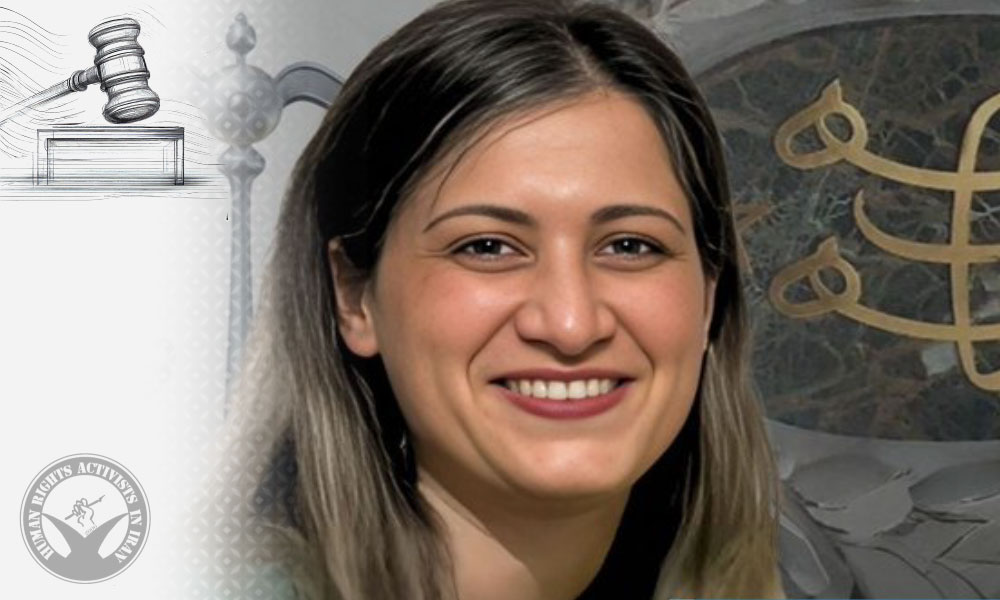HRANA – The prison sentence of Anisa Fanaeian, a Baha’i citizen, remained unchanged after the Supreme Court accepted her request for a retrial and referred the case to a parallel appellate branch. Branch 10 of the Semnan Province Court of Appeals has again sentenced her to eight years in prison.
Based on information received by HRANA, despite the Supreme Court’s acceptance of her retrial request, the parallel branch of the Semnan Court of Appeals has reissued the previous eight-year prison sentence against Ms. Fanaeian.
Anisa Fanaeian, who had previously served a prison term, was arrested in late August 2023 by security forces and released on bail some time later.
Earlier, in March 2024, the Semnan Revolutionary Court had sentenced her at the first instance to 10 years in prison for “forming a group with the intention of disrupting national security,” five years for “educational or promotional activities deemed deviant and contrary to Islam within the framework of a sect, group, or association,” a fine of 50 million tomans, and 15 years of deprivation of social rights (grade five). She was also sentenced to one year in prison for “propaganda against the regime.” Additionally, $4,350 -personal family property confiscated from her daughter’s room – was seized by the government.
In December 2024, Branch 7 of the Semnan Court of Appeals, presided over by Judge Javad Raisi and counselor Ali Momeni, sentenced her to seven years in prison on the charge of “forming a group with the intention of disrupting national security,” and to one year in prison for “propaganda against the regime.” Applying Article 134 of the Islamic Penal Code, the longest sentence, seven years, was enforceable.
On March 11, 2025, Ms. Fanaeian was arrested by security forces on a street in Semnan to serve her prison sentence and was transferred to Semnan Prison.
On October 2, 2025, following the Supreme Court’s acceptance of her retrial request, Anisa Fanaeian was released from Semnan Prison after posting bail.




